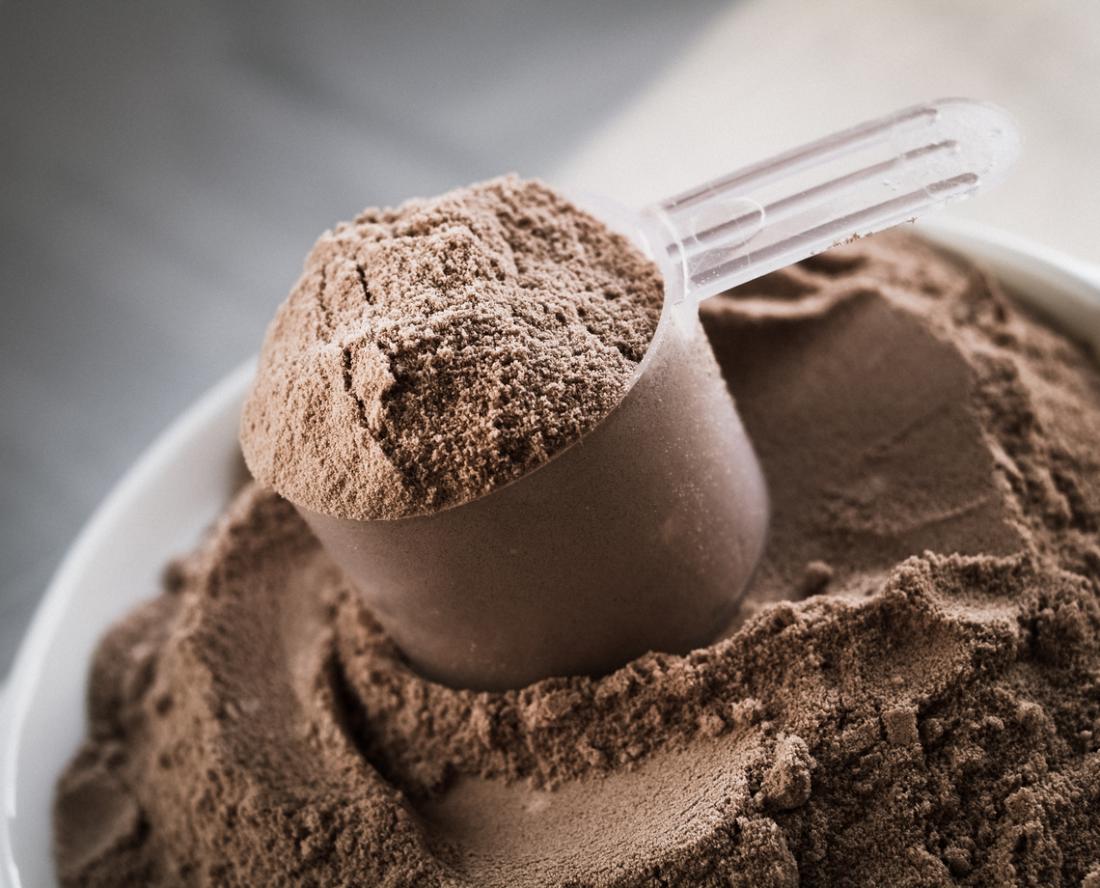Protein is an essential nutrient for life. It is responsible for numerous functions such as the maintenance of muscles, connective tissues, red blood cells, enzymes, and hormones. Protein is vital for fighting infections and strengthening immunity.
Whey is a high-quality protein extracted from milk and is very easily absorbed. In this health-conscious society, we are continually looking for ways to keep ourselves fit and healthy, ward off disease, and live as long and illness-free as we possibly can. Supplementing our diet with whey protein means we can fulfill these wishes and more. Here are some benefits of consuming whey protein.
Muscle In

Protein is present in almost all body cells and has many functions, such as augmenting muscle gain.
Enzymes in the stomach and small intestine break down protein to form peptides – short chains of amino acids. These chains of amino acids are used as bricks and mortar by your body to rebuild muscle fibers.
Whey protein is popular among athletes, bodybuilders, and people looking to improve their performance at the gym. It provides protein and amino acids, which serve as building blocks for increased muscle growth. It also increases the release of anabolic – or ‘building up’ hormones that can stimulate muscle growth, such as insulin. It’s high in the amino acid leucine, which stimulates muscle protein synthesis at the molecular level.
Whey protein is absorbed and utilized very quickly compared to other types of protein. It has been shown to be particularly effective at increasing muscle growth when consumed right before, after, or during a workout. An easy way to supplement with whey protein and replenish fluids during exercise is to have a protein drink such as coconut protein water.
Fight the Flab

More than any other type of protein, whey helps increase muscle as it is the most effective at assisting bodily cells in synthesizing protein due to its high Leucine levels. The increased muscle will fire up your metabolism and burn more calories, even at rest, therefore assisting in fat loss; a higher percentage of muscle than fat means your basal metabolic rate increases. The amount of energy expended just living every day is more elevated.
Whey protein increases the production of a peptide, which stimulates the satiety hormone Leptin. This hormone helps inhibit hunger and regulate energy balance, so the body does not trigger hunger responses when it does not need energy. If you are starving, drinking a whey protein shake can help you get past a craving. Whey protein is also known as thermogenic food -meaning that it boosts metabolism and burns fat.
Kick Cancer

Glutathione is one of the body’s most essential and potent antioxidants. Antioxidants are substances that reduce oxidative stress by combating free radicals in the body.
Both the lactoferrin found in whey and the glutathione synthesis whey promotes, may have anti-cancer effects. Lactoferrin shows the potential to prevent cancer that has yet to occur and induce cell death in existing cancer cells. In animal cancer studies and human cancer case studies, whey protein has been shown to increase glutathione and have anti-tumor effects.
Love Your Heart

Consuming whey protein may help lower systolic and diastolic blood pressure, lower triacylglycerol levels and reduce cholesterol levels. Whey peptides that form during digestion act as ACE-inhibitors. ACE is a regulatory enzyme that controls fluid volumes within the body and subsequent blood pressure. Whey appears to influence ACE to lower blood pressure.
Good Guts

Proper absorption of the protein you consume is critical to maintaining optimal health. If your body does not entirely absorb and metabolize the protein you ingest over time; you can experience the effects of long-term protein deficiency.
The symptoms you may experience include muscle loss, body aches or pains, headaches, unexplained hunger, persistent fatigue, difficulty sleeping, fractured bones, and inflammation. It also affects the health of your hair, skin, nails, muscle, and most tissues.
Whey contains a pool of nutrients and growth factors that can stimulate the growth of desirable microorganisms in the intestine.
The primary sugar in milk, lactose, is a suitable substrate for acidophilic flora (e.g., lactobacilli) in the intestine that may inhibit the growth of putrefying microorganisms and promote a healthy intestinal flora.
Studies have shown that consuming lactoferrin suppressed the formation of colonic polyps. A colon polyp is a small clump of cells that forms on the lining of the colon. Most colon polyps are harmless. But over time, some colon polyps can develop into colon cancer, often fatal when found in its later stages.




